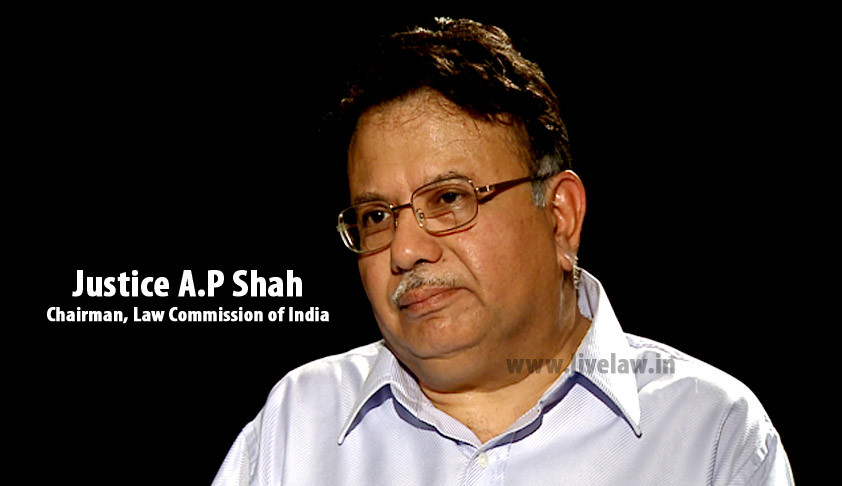Law Commission rejects 'Right to recall' and Right to reject, suggests barring independent candidates in Elections in its 255th report
Gaurav Pathak
12 March 2015 4:01 PM IST

Next Story
12 March 2015 4:01 PM IST
The Law Commission of India today came up with its report on Electoral Reforms. The 255th report of the Law Commission mentions recommendations for election finance reforms that include laws regulating election expenditure, contributions, and disclosure and a comparative analysis with laws in United Kingdom, Germany, United States of America, Australia, Japan, Philippines on...
